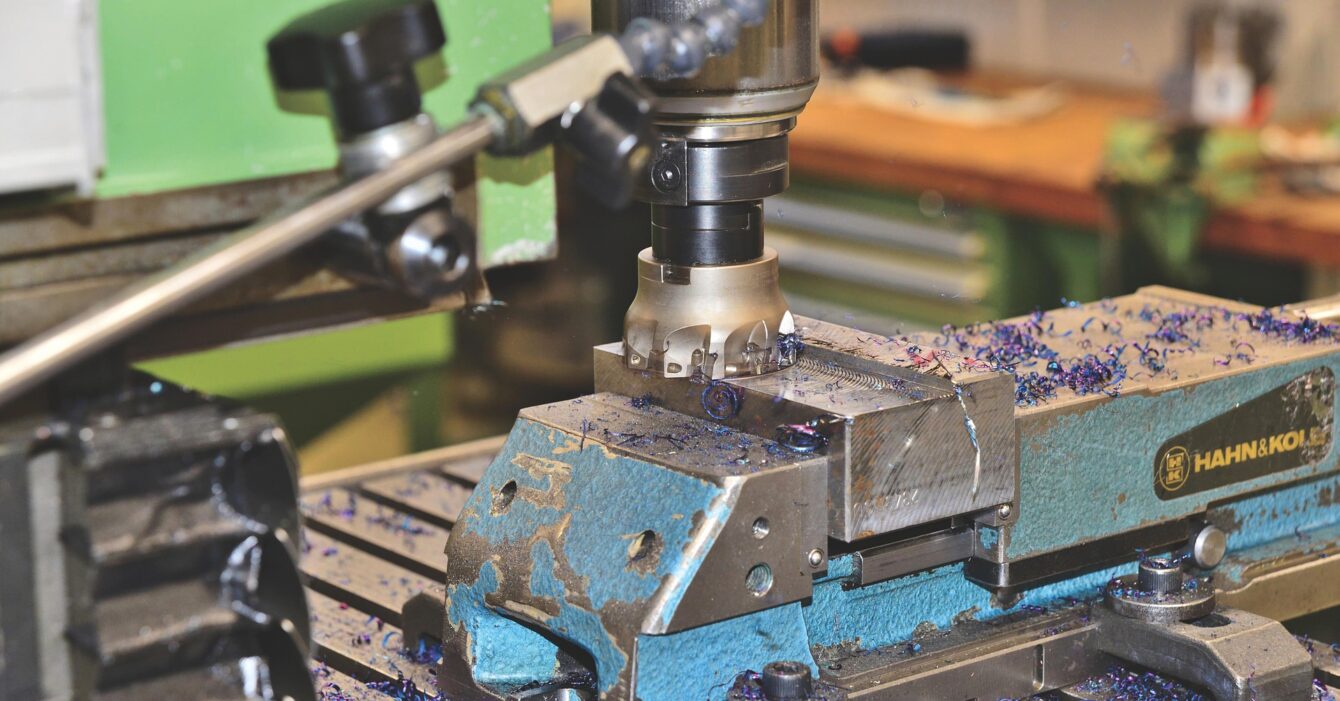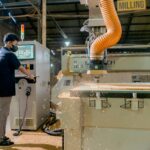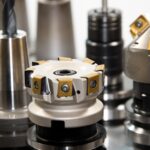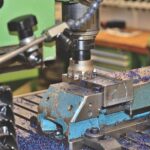Investing in the right CNC machine is crucial for manufacturers. A poor choice can lead to wasted costs and inefficiency.
Identify Processing Needs
Companies must first assess material types, part shapes, and accuracy requirements. For example, turning jobs require CNC lathes, while complex surfaces may need five-axis machining centers.
Consider Production Volume
High-volume manufacturing suits efficient machining centers, while small-batch or diverse production benefits from flexible CNC systems.
System Compatibility
Different CNC systems vary in programming and operation. Companies should ensure compatibility with existing software and operator skills.
After-Sales Support
Since CNC machines are expensive, reliable technical support and maintenance services are essential.
Cost and Budget
Enterprises should balance functionality with investment capability. Over-purchasing advanced equipment may strain finances without proportional benefits.
A well-chosen CNC machine maximizes efficiency, reduces costs, and enhances competitiveness in the market.











